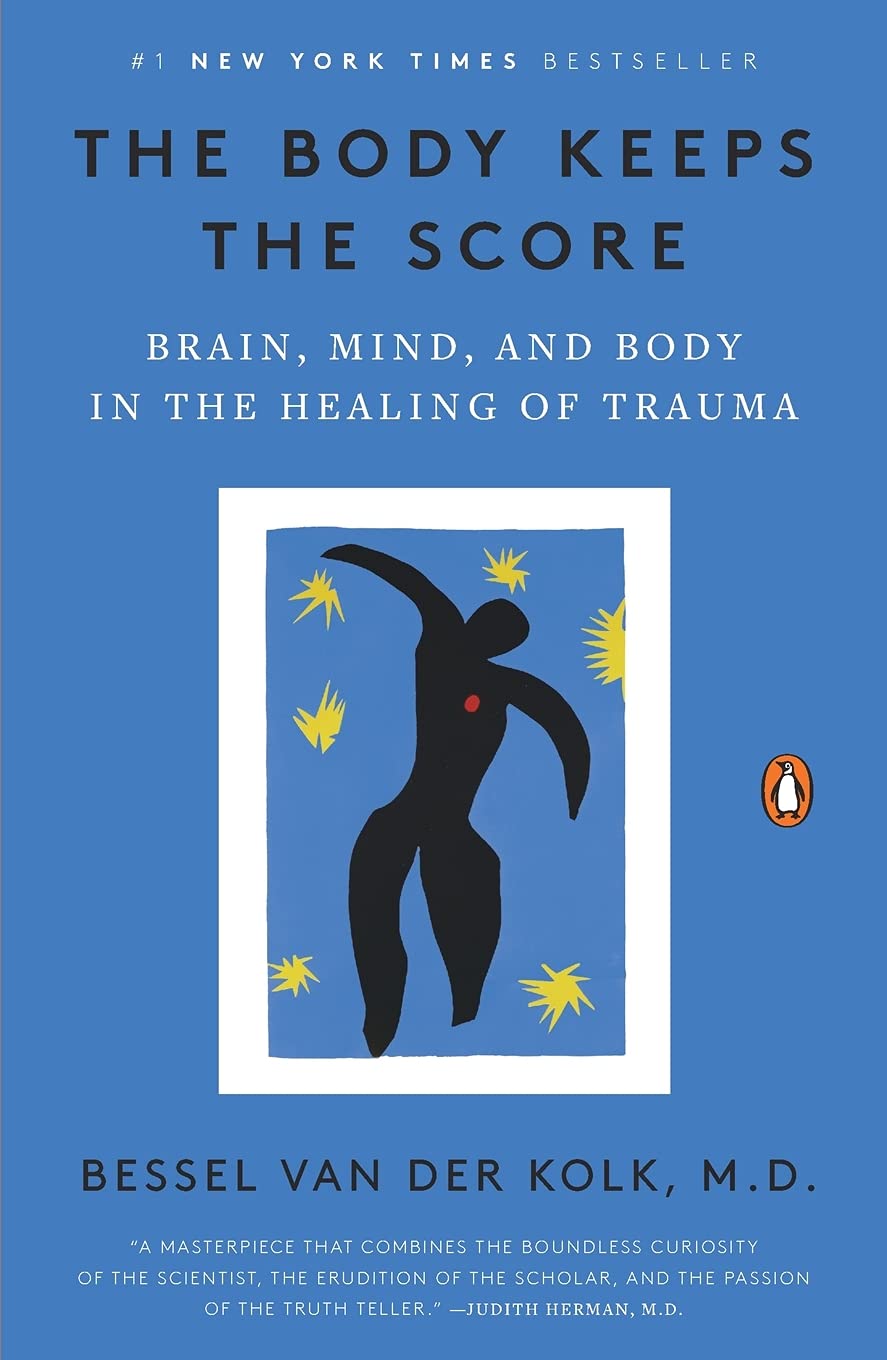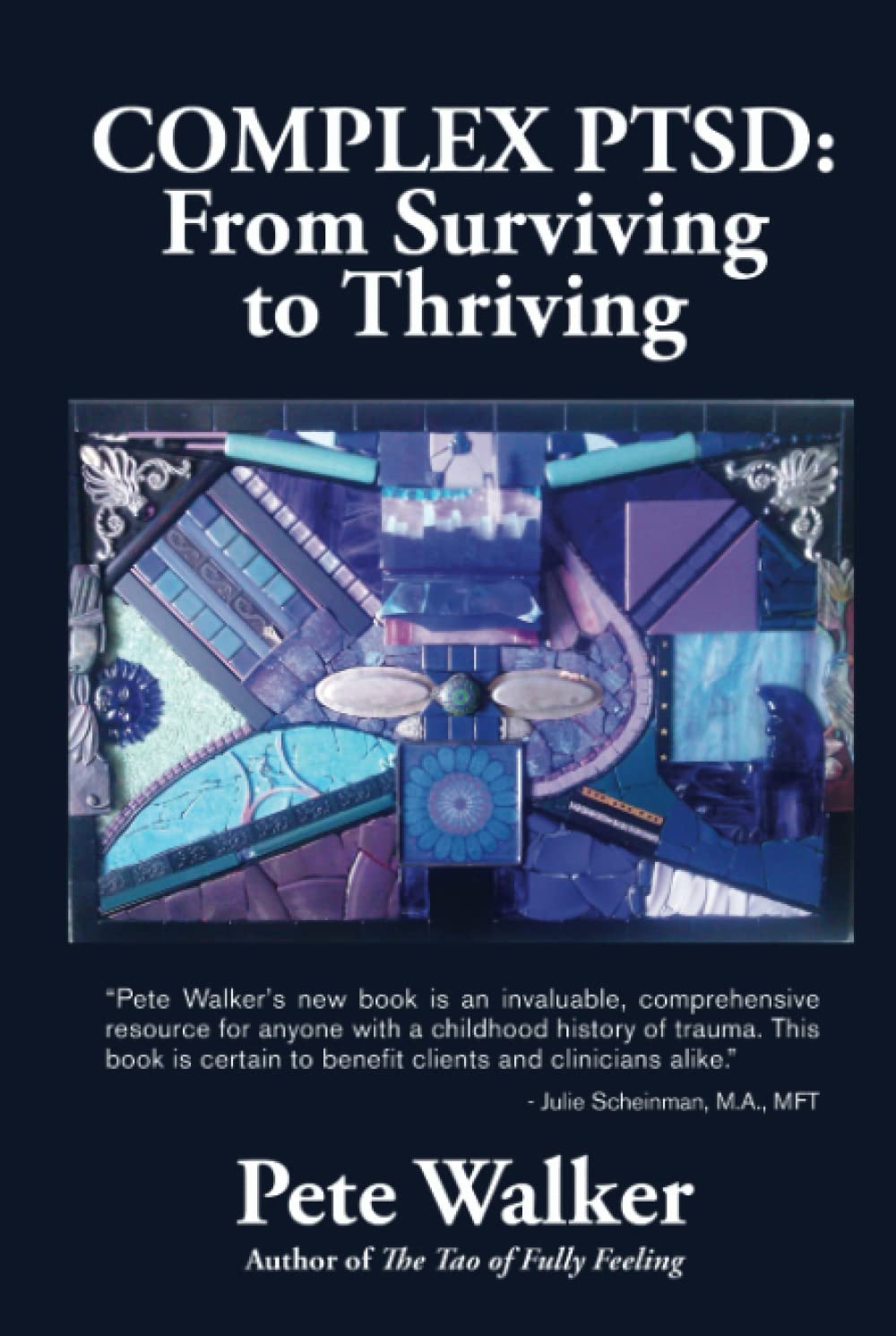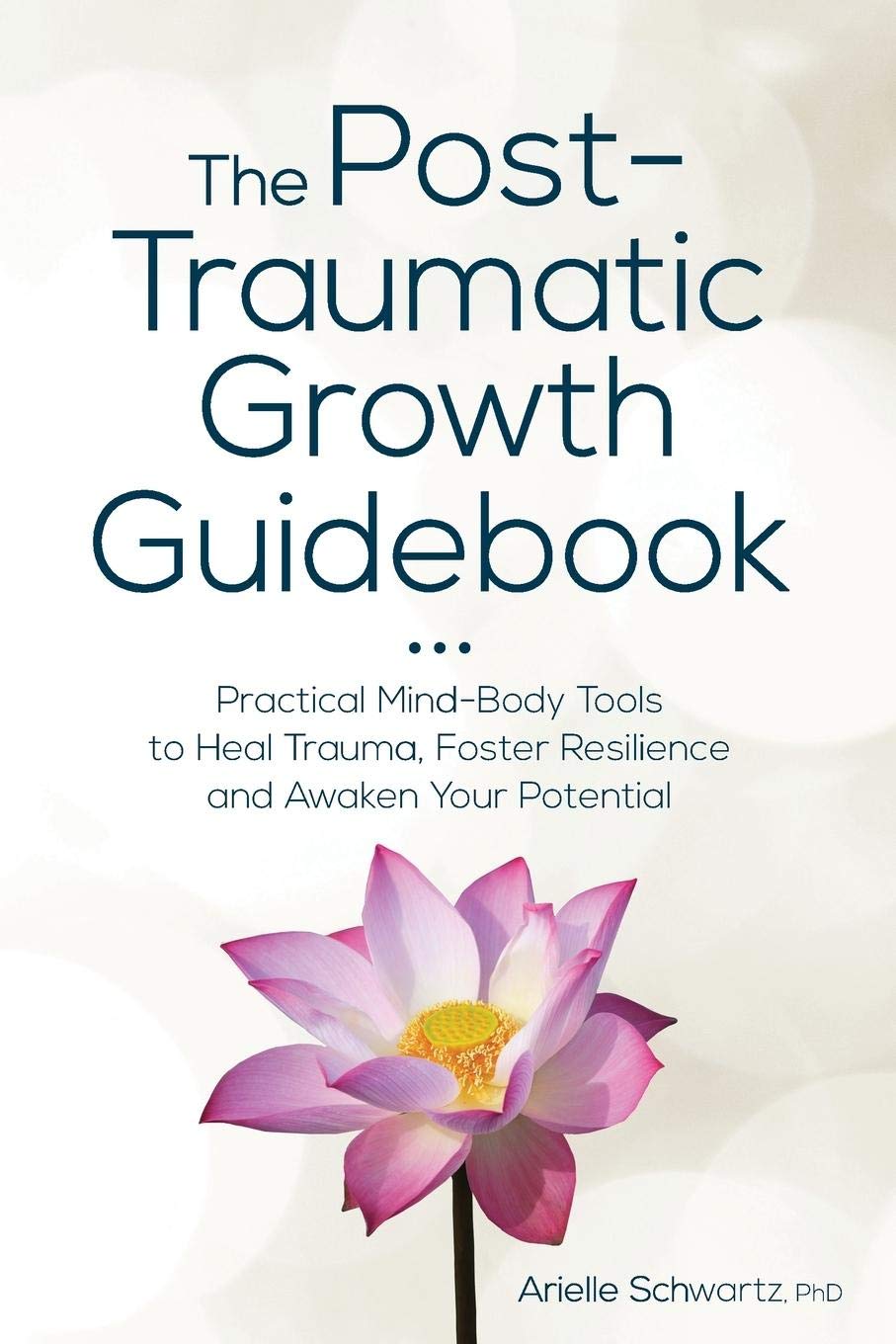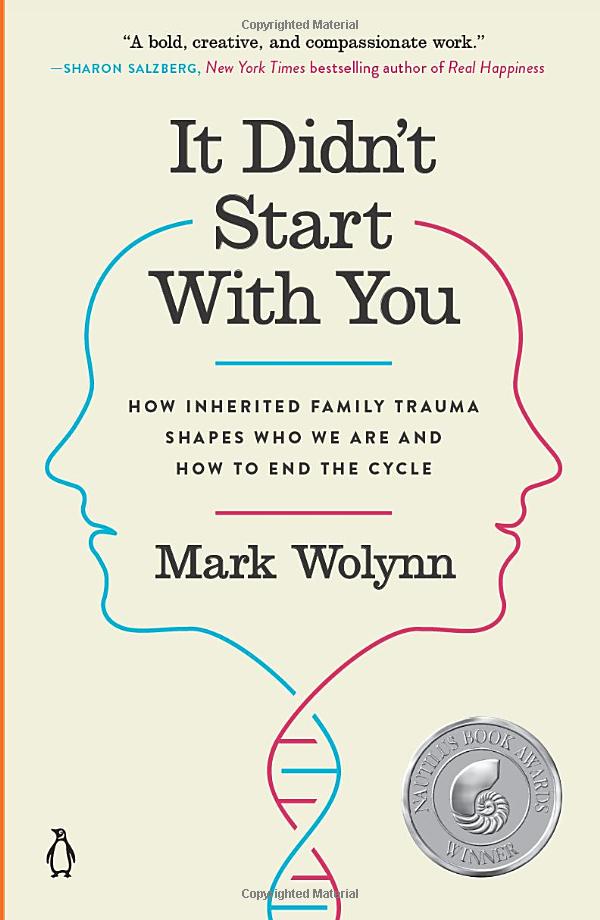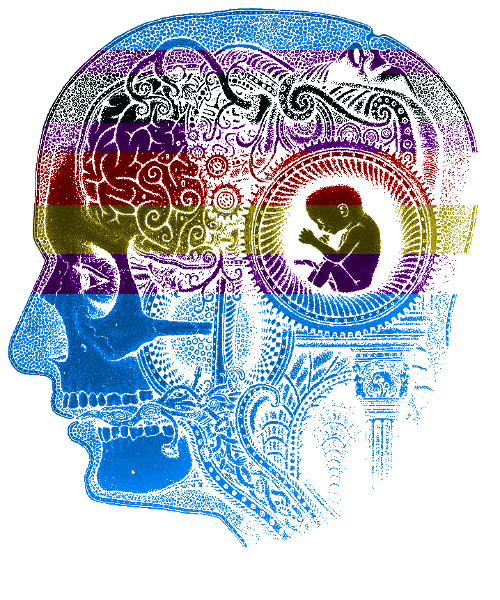 The Basics of CBT
The Basics of CBT
When people suffer from mental distress, temptations or addictions, it dominates their thoughts and actions. CBT empowers them to take control of their thoughts and to determine their own priorities. Often, we form our own distorted ideas of what others think, how events may turn out or how the world functions in general. CBT teaches us to think logically rather than making assumptions.
CBT assumes that behaviours are learned and can, therefore, be unlearned. Patients can learn new behaviours to replace the unhealthy ones. CBT does not tell a person how to feel but gives them the skills to determine how they want to feel and how to achieve and maintain it.
CBT is not just useful for rectifying a negative thinking habit. It is also used as a complementary therapy, in conjunction with other therapy techniques, for the treatment of addictions, other behaviour problems and diverse emotional disorders.
In many cases, CBT can be just as effective as medication and often a better solution, as it eliminates the dependency issues and other side-effects of prescribed drugs.
Vital components of CBT
Mindfulness: Not a therapy in itself, but a concept used in various cognitive therapies. Being mindful of intrusive thoughts allows us to stop, dismiss or control them. By being aware, we can arrest the thoughts, rather than allowing them to nag us. Helps us to see thoughts for what they actually are, rather than the distorted, insistent perceptions that the mind imposes.
Living in the present: A concept used in cognitive therapies. Anxiety and depression are created by thoughts about the future and the past. Living in the present means ignoring thoughts from the past or future and accepting thoughts created at this moment, here and now, as the only reality. Enables you to step aside, as if you are an observer, and to evaluate the intrusive thoughts from a neutral point of view.
Remedial learning: By applying the basic cognitive concepts of mindfulness and living in the present, we can transform overwhelming thoughts into more manageable ones. It enables us to prevent anxiety, stress, panic, depression and to formulate clear, more efficient responses and behaviours. We can then, by means of repetition, unlearn old behaviours and learn new ones.
Is Cognitive Behavioural Therapy necessary?
Restoring cognitive thinking and healthy behaviour involves more than simply deciding to be more positive about things. It requires changes in our mindsets, identifying and dismantling established defective thought patterns, acquiring new ways to identify and separate reality from delusion and learning how to deal with intrusive thoughts and events that trigger negative feelings and reactions.
Our minds are complex and our backgrounds and circumstances differ greatly. Usually, a negative temperament has several underlying issues and requires a specialised, multi-faceted treatment program. There is no simple or “one-size-fits-all” test or solution.
Because we are so over-exposed to negative influences in modern society, sombre thoughts and tainted actions can easily become an overwhelming way of life. It becomes so embedded that people find it almost impossible to break free, but properly applied CBT can turn that around and restore your quality of life.
The nature of modern life can instil gloomy thought patterns, but more often it is rooted in deeper emotional issues. It does not make you a weakling – it simply means you are more vulnerable, in the same way, that some people are more vulnerable to diabetes. Trying to prove the strength of character by fixing it yourself, will most probably not work and failure can result in even more negativity.
Every action starts with a thought, so adopting a positive outlook is a good start, but we also have to ensure that our actions align with our thoughts. Very often a good decision is wasted because we renege and, instead, spend the allocated time doing something less worthy. Similarly, we may resolve to ignore minor events that usually upset us, yet react fiercely the next time it happens.
Because our own thoughts and feelings are so close and intimate to us, it clouds our judgement and makes it difficult to heal ourselves without proper coaching. This is why mental health professionals undergo CBT training and spend a great deal of their time teaching patients to master it.
It is reasonably easy to spot a negatively-minded person, but identifying all the factors and designing an efficient remedial programme requires extensive knowledge and experience. Over the decades, the mental health professions have developed various therapies that can be shaped into specialised programs to fit the specific requirements of individual patients.
It is best to ask a mental health worker for advice when you suspect that someone needs CBT. Keep in mind that it is not just drug abusers who suffer. Often sober people are taking the immense emotional strain, as reflected in the increasing suicide rate and other violent tragedies, and they need help just as urgently.
Your brain has the ability to adapt (it’s called neuroplasticity) and it will if you want it to, but for proper guidance and long-term security, you need that professional touch.


 The Basics of CBT
The Basics of CBT